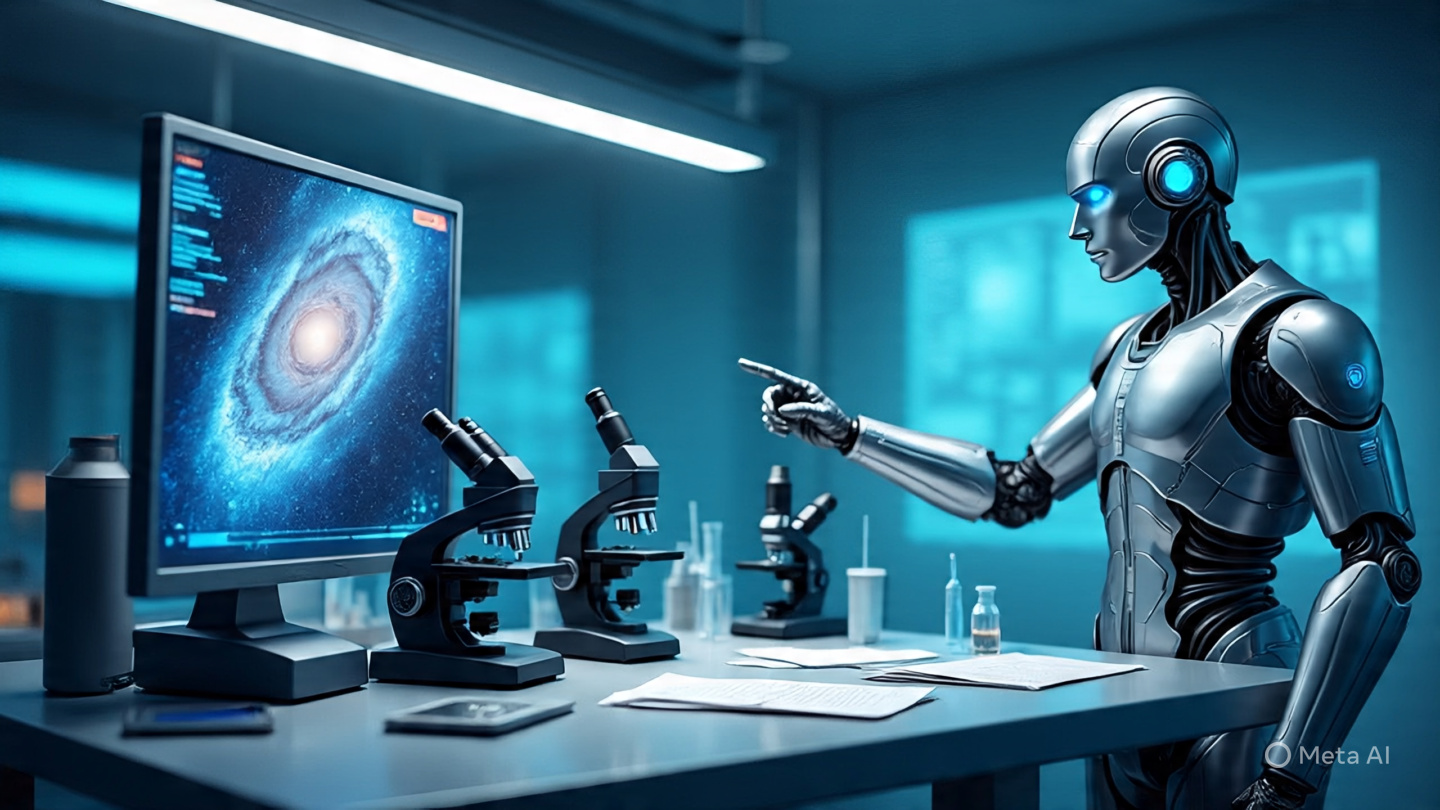Hey, space curious friend 👋
If you’ve ever looked up at the night sky and wondered what’s out there, you’re not alone. I used to stare at the stars for hours as a kid, asking the same question over and over:
“What’s really going on up there?”
Turns out, in 2025—we’re learning a lot.
With AI, new telescopes, and better tech, scientists are making wild discoveries almost every week. Some of them feel like science fiction. But nope—it’s real, and it’s happening right now.
Let’s break it down, one amazing fact at a time.
Table of Contents
Toggle🌌 1. A New Earth? Scientists Found Another Planet Like Ours
Big news from NASA:
They recently found a planet that’s very similar to Earth. It’s called Kepler-452c, and it sits in what scientists call the “Goldilocks zone.” That means it’s not too hot, not too cold—just right for life.
Now, can we move there? Not yet. It’s over 1,400 light-years away. But finding planets like this gives us hope that Earth isn’t the only cozy place in the universe.
Why it matters:
It’s a sign we’re not alone. Or at least, we might not be.
🛰️ 2. The James Webb Telescope Is Blowing Our Minds
Remember when Hubble gave us jaw-dropping images of space?
Well, the James Webb Space Telescope is the new MVP. And the pictures it’s sending back? Pure magic.
- Galaxies that are over 13 billion years old
- Stars being born inside glowing dust clouds
- Even hints of possible atmospheres on faraway planets
And the detail? It’s like switching from VHS to 8K. Seriously.
🧬 3. AI Is Speeding Up Science Like Never Before
Here’s something wild:
AI isn’t just writing blogs or making art. It’s helping scientists discover things faster than ever.
For example:
- AI helped design new materials for spacecraft
- It predicted protein structures in the human body in minutes (a job that once took years)
- It’s even sorting space data—finding patterns humans would miss
Real story: A team used AI to spot an asteroid days before it passed close to Earth. Without AI? We probably wouldn’t have seen it at all.
🧠 4. We’re Learning More About Our Own Brain Too
It’s not just space. Science here on Earth is making huge leaps too.
Researchers in 2025 made a big breakthrough with brain-computer interfaces. That’s tech that lets your brain talk directly to a computer—no typing, no screen.
One experiment let a person with paralysis type sentences just by thinking them.
It sounds like science fiction, I know. But it’s real, it’s tested, and it’s growing fast.
🌍 So, What Does This Mean for Us?
You might ask:
“Cool… but how does any of this affect me?”
Here’s how:
- It helps us understand where we came from
- It inspires future tech (space research led to Wi-Fi, memory foam, and even baby formula!)
- It reminds us how small we are—and how much there’s left to learn
Science is not just about labs and rockets. It’s about curiosity. And curiosity? That’s something we all have.
💭 Final Thoughts: Keep Looking Up
If 2025 has shown us anything, it’s this:
We’re just getting started.
Space is big. Science is fast. And every year, we’re discovering more about our universe—and ourselves.
You don’t need to be a scientist to appreciate it. You just need to keep asking questions. Just like that little kid who once stared at the sky and whispered, “What else is out there?”
🤔 Your Turn
If you could explore one part of space or science, what would it be?
- A black hole?
- The surface of Mars?
- The human brain?
Drop your answer in the comments—because curiosity is better when shared.



